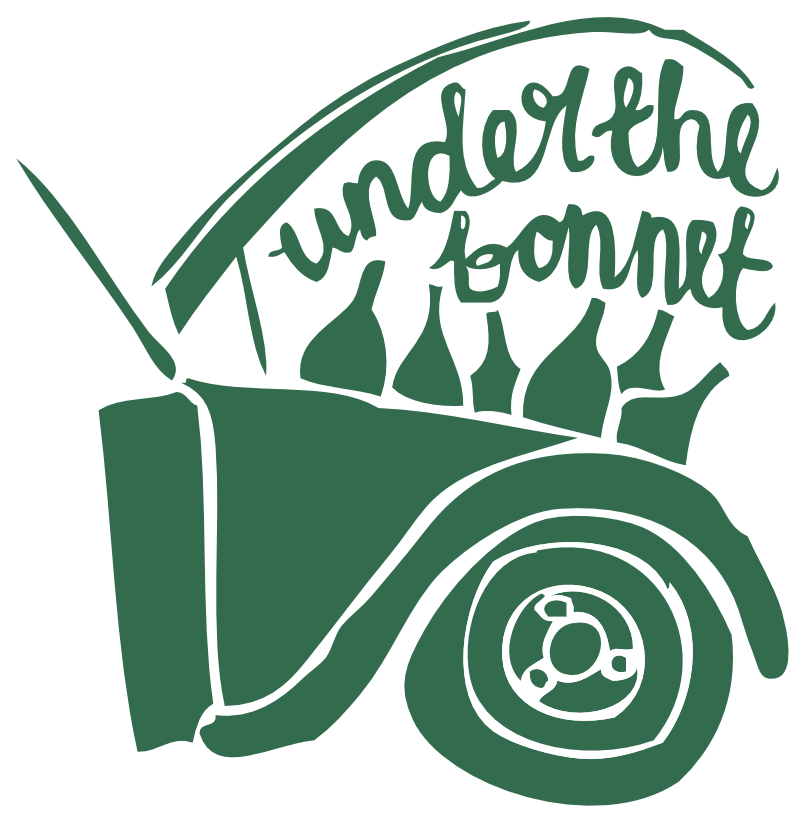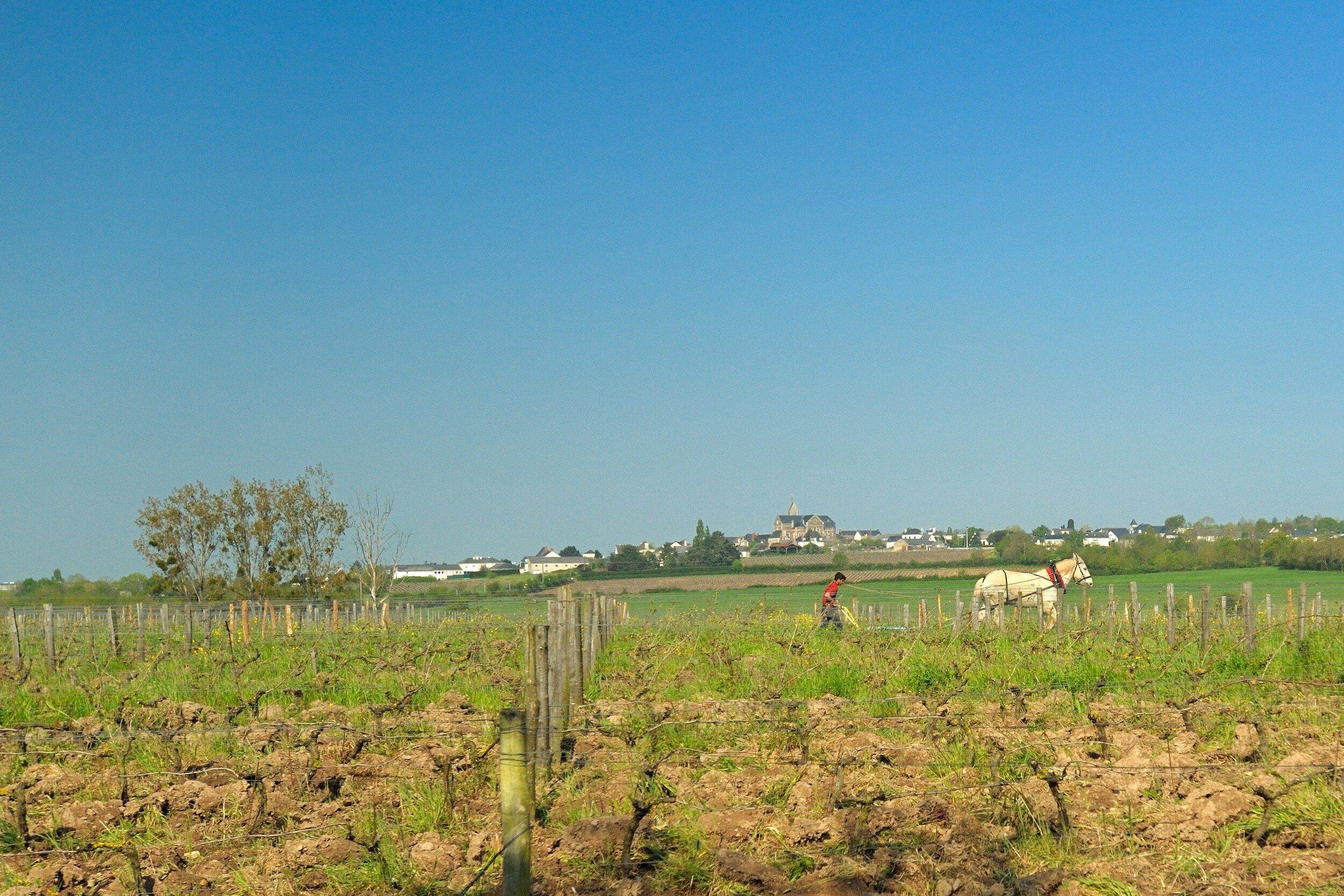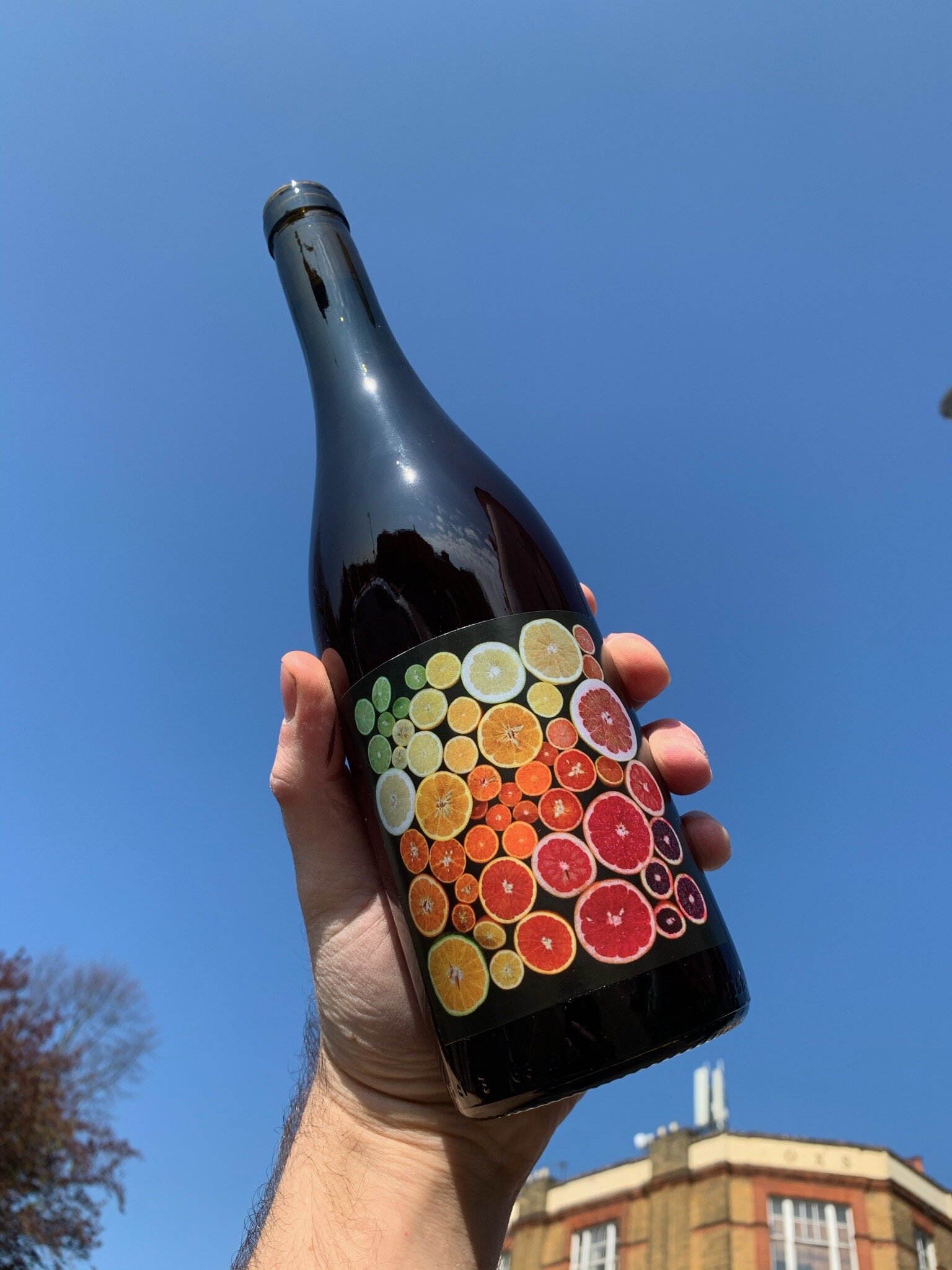Rémi Sédès
France, Nantes, Coteaux d’Ancenis
When we spoke with Rémi in January, he was excited to soon be bottling his 2020 Samplemousse, confirming it was tasting 'tres,tres,tres,tres,tres bon'.
2020 had gone- in contrast to the rest of the world- very smoothly in Ancenis. Yeast populations were healthy, fermentations had been fast, and the wines were tasting excellent.
Whilst 2021 started off with great promise, nature had a different plan. Over a series of consecutive sub-zero nights last week, Remi battled to save what he could of the nascent vintage. It's too early for Remi to tell how bad the damage is, whether a second bud break will be viable, but he's already looking at 50% losses.
Even if he's able to retain half of the buds, things look to be difficult for the rest of the season. The stresses of a major frost to the vine can compromise the amino acids in the juice, leading to fermentation issues and potentially increasing the risk of mousiness compromising the final wine.
Whether or not we'll see a Samplemousse next year then is to be determined, so we'll be enjoying this one all the more whilst it lasts!
Remi's grapefruit driven rosé is pressed from Gamay grown on micro-granite, yielding that aromatic, pithy citrus. Remi's work with the rosé is as delicate as possible to retain the signature aromatics. It shows.
Now In Stock
ROSE
NEW - 2020 - VDF - Samplemousse - Gamay
"The Samplemousse rosé is a direct pressing of whole bunches at a cold temperature (5-6°c) to keep the freshness of the grapes, the juiciness, and to avoid oxidation of the aromas. The fresher the juice the less oxygen dissolves into the wine. The pressing is gentle and long (about 2 to 3 hours) the juice is moved to tank by gravity to avoid pumping and damaging the aromas.
Fermentation starts naturally but gently since the juice has a temperature of 6°c. This helps express each characteristic of the indigenous yeasts, different populations start working as the wine reaches another temperature through fermentation. The wine finishes its alcoholic and malolactic fermentation, and is slowly decanted to clear itself.
Taking advantage of the cold winter, I bottled at the end of February, keeping the gas from the fermentation to retain freshness and those delicate fermentation aromas.
That's how it happened, the simplest way in the world!"
RED
2018 - Coteaux d’Ancenis -Cuvée Noé- Gamay
2018 - Coteaux d’Ancenis -Trait Gamay- Gamay






